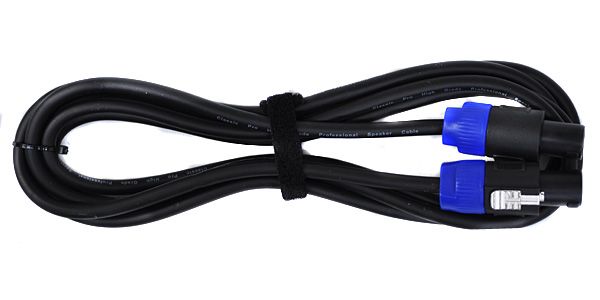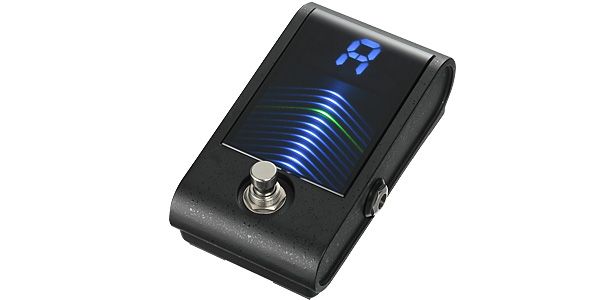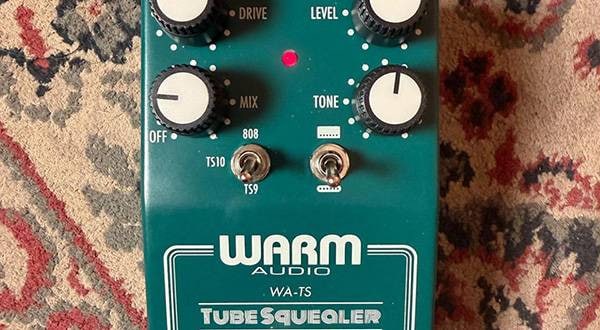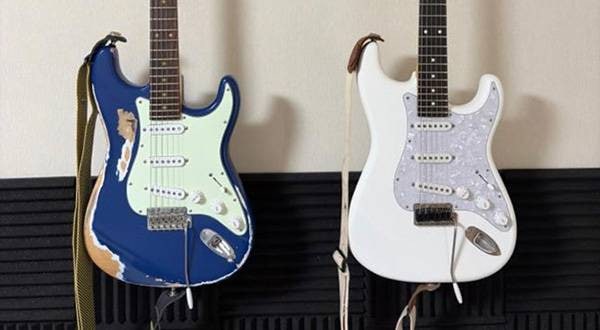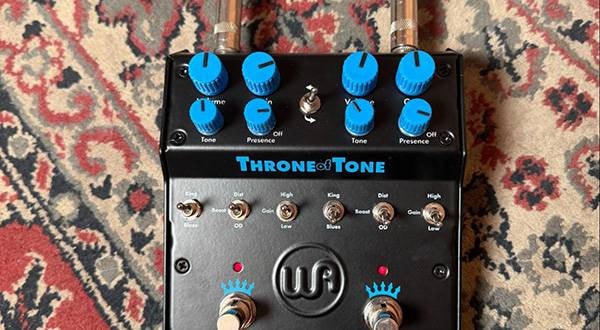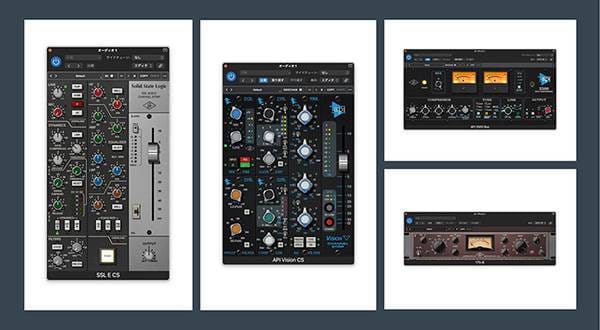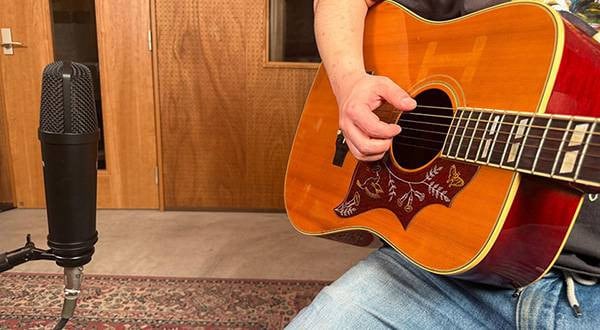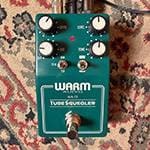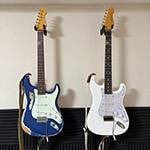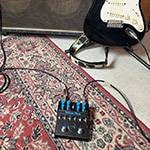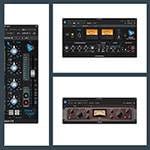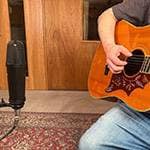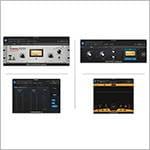I have made many mistakes, and I want to talk about these mistakes to beginners to make use of my painful experiences. That’s why I wrote this article.
This time, I will explain;
1. I messed up
2. Why it happened.
3. What I should have done.
I will explain 1 & 3 briefly, and 2 in detail.
This time, I will introduce the mistakes in which you might get hit or asked for compensation, not just scolded. Also, these are for "beginners" and you can easily avoid them.
Contents
- I used a shielded cable to connect the amp head and amp cabinet
- Wasted a rehearsal with one switch
- PCB got shorted due to static electricity
- Tuned up the instrument on stage
● I used a shielded cable to connect the amp head and amp cabinet
1. I messed up
I used a shielded cable for musical instruments as a speaker cable to connect the amplifier head and the cabinet. The cable started to generate heat and was almost on fire ...
2. Why it happened.
Shielded cables for musical instruments are for sending audio signals. On the other hand, speaker cables are to send power to the speaker at the same time, as well as audio signals. The shielded cable does not have the capacity to send as much power as the speaker cable (it can actually transmit electric power, but the capacity is insufficient). The power that the cable cannot transmit becomes heat and accumulates in the cable, resulting that the cable gets heated up, generates smoke, and in the worst case, ignition.
* The same thing happens when connecting a passive speaker to a power amplifier or powered mixer with a shielded cable. Since active speakers send only the audio signal, shielded cables for musical instruments can be used, though I would not recommend it.
3. What I should have done.
Use speaker cables. If you are not sure if it is a speaker cable or not, look for the brand name and model number that are printed on the cable.
● Wasted a rehearsal with one switch
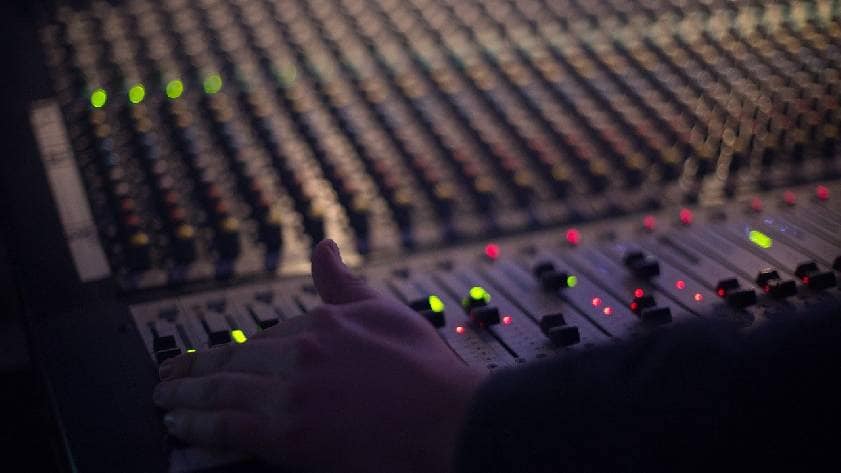
This is actually not my mistake, but it is terrible enough, and I get stomachache just hearing the story.
1. I messed up
At a live house, a fledgling PA staff member turned on the mixer, but did not turn on the phantom power. He gave a go-ahead sign, and the artist started playing. He didn't notice the mistake until later. As a result, he wasted the rehearsal time, and the artists had to perform live with almost no rehearsal.
2. Why it happened?
To protect the equipment, there is a rule in which the power supply should be turned on from the input side and turned off from the output side after setting the volume and gain of all the equipment to zero. If you break this rule, you could damage the equipment and destroy it. To give a concrete example, if you turn on the power without setting the volume of the amplifier to zero, the speaker will give a big “Boom!” sound. When this happens, the amp head damages the cabinet. In the worst case, the speaker will get shorted.
The same is true for phantom power. It can damage equipment to which is connected after the mixer, such as mic preamps, comps, gates, speakers, etc. So when you turn on the mixer, be sure to check the phantom power is on before turning on the equipment connected after the mixer. There would have been no problem if he had noticed the phantom power was off before turning on the equipment connected after the mixer (the signal would be automatically blocked if the power is off), but in this case it was too bad for him and he didn’t notice until after the sound making process went too far. He had to set all the volumes on the equipment connected after the mixer to zero, then turn on the power again and make sounds again. The rehearsal schedule was tight from the start, and his mistake made the schedule even tighter. As a result, the artist had to perform live talking through a PA.
3. What I should have done
Always make sure to check the phantom power is on when turning on the mixer, and remember that active DI also requires phantom power.
Besides this mistake, others might lose trust in you if you do something that could damage the equipment. Don't neglect the rules. When you go up to the stage as a performer, get permission from PA staff before touching the power to avoid such trouble.
● The board got shorted due to static electricity
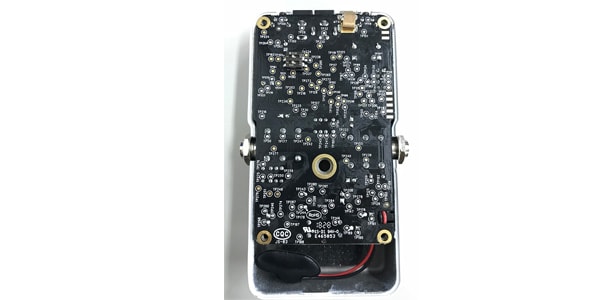
1. I messed up
When I started to check the PCB of an effector for repair, it got shorted due to the static electricity.
2. Why this happened
It is said that general electronic components get shorted at about 1000V. The voltage of static electricity is actually very high, and when you hear a zapping sound, the voltage is 2000V…
Not all the circuits are dead, but I bought a new one because it is troublesome to check and repair each one.
It is said that human skin has an unexpectedly high resistance value and can only be detected at 1000V or higher (that’s static electricity, just in case). In other words, you could destroy the components on the PCB by static electricity, without knowing it.
3. What I should have done
Wear anti-static gloves, or touch metal (such as a screwdriver) before touching the board, etc. to release the accumulated static electricity. This is important.
You should not be wearing clothes that easily accumulate static electricity, such as sweaters. Some people do it naked, but I would not recommend it because it can lead to social problems. By the way, be aware that a self-made computer has the same risk.
● Tune up the instrument on the stage
1. I messed up
Our band was to perform on an outdoor stage. We tuned up the instrument indoors, and went up on the stage! But ... my instrument was out of tune.
2. Why this happened
Most of guitars and basses are mainly made of wood. Wood shrinks or expands depending on the environment such as temperature and humidity.
When you take it out of a warm room to the cold stage, or go to a hot stage from a cool waiting room, the shape of the instrument slightly changes due to the difference in temperature and humidity, and the instrument goes out of tune.
3. What I should have done
Always tune up instruments on the stage and leave it on the stage as it is. Use your sub guitar to warm up your hands. It's going to be a mess if the instruments are out of tune.
It's still good if the player himself does it, but it is not funny anymore if the roadie or assistant does it. Seriously.
I hope these bitter experiences will be of use to you.





